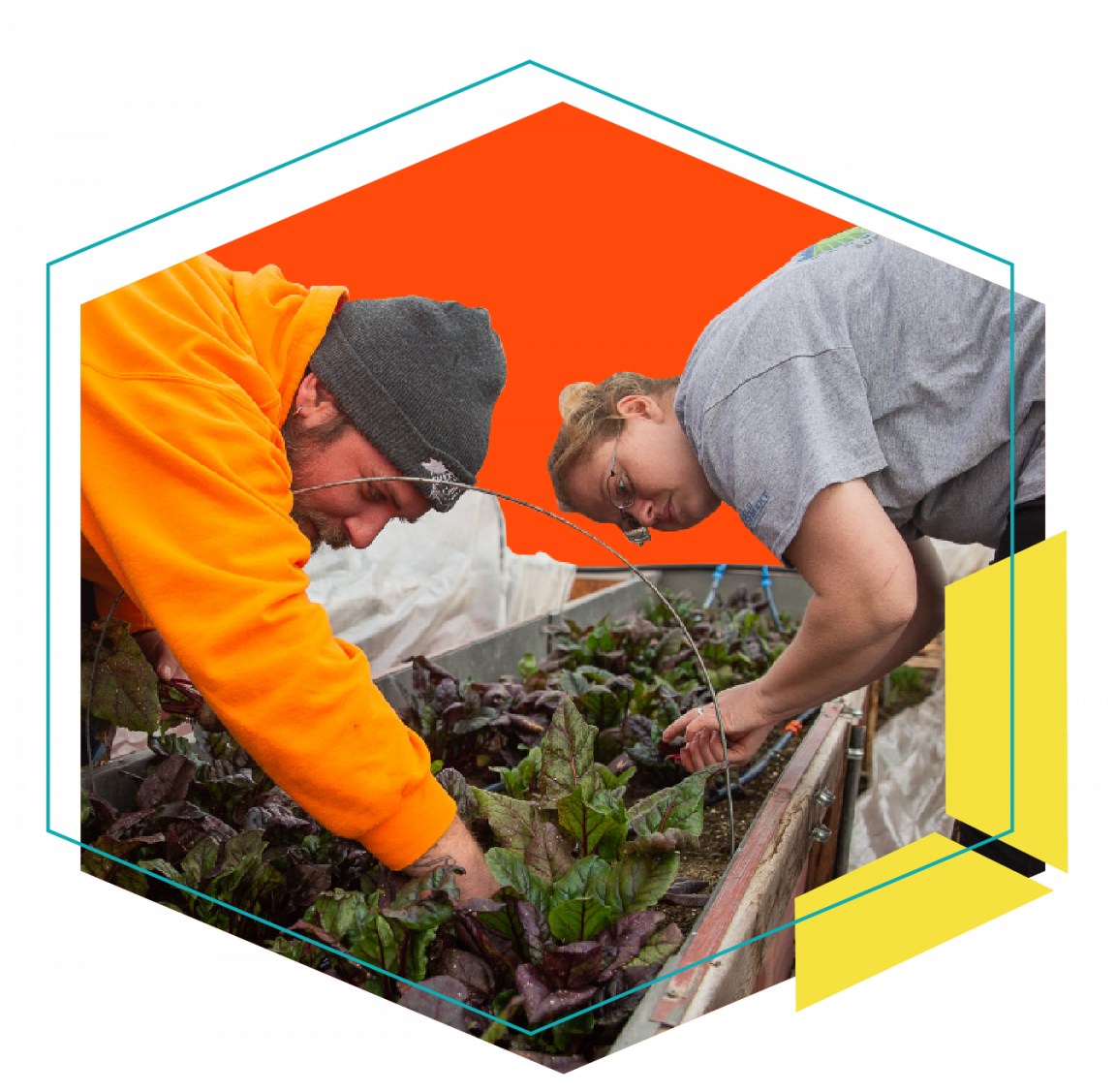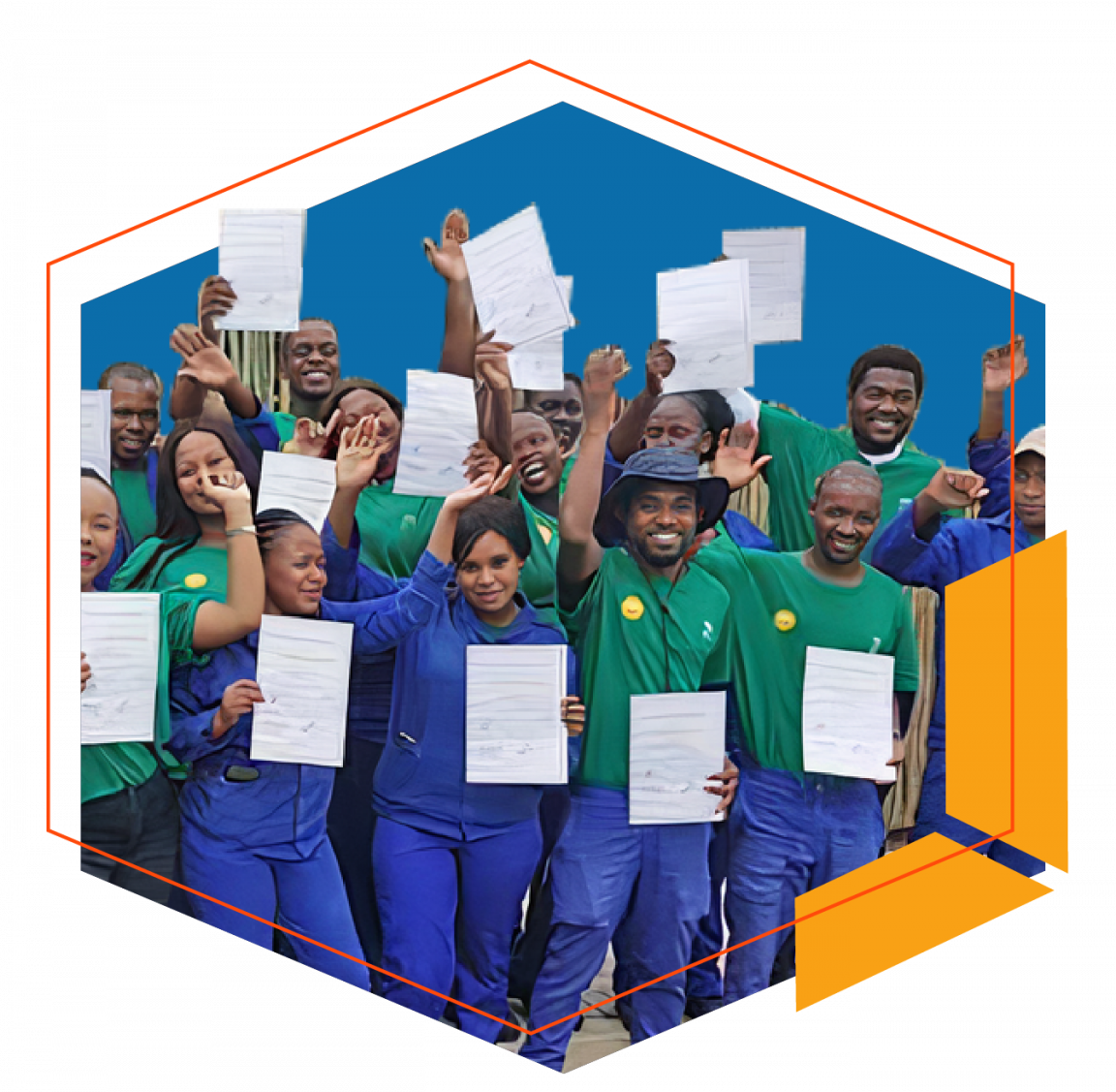“We can address the looming bio-diversity crisis and reset the economy in a way that creates and protects millions of jobs."

Green Definitions
Here are some common terms that are useful to know for this challenge:
Green Skills
The knowledge, abilities, values and attitudes needed to live in, develop and support a sustainable and resource-efficient society.
Green Jobs
Decent jobs that contribute to, preserve or restore the environment. They may be in traditional sectors such as manufacturing and agriculture, or in new, emerging green sectors such as renewable energy and energy efficiency.
Green Economy
An alternative vision for growth and development that improves people's wellbeing through sustainable development. Public and private investment into the green economy's activities, assets and infrastructure drives growth in employment and income. This in turn results in reduced carbon emissions and pollution, and enhanced energy and resource efficiency. It also prevents the loss if biodiversity and ecosystem services.
Examples of Past Winners

Coalfield Development
Jobs in coal were seen as a “birth right” in West Virginia, until they began to disappear, leaving many unemployed. But the national “workforce development” sector in the United States places emphasis on circumstantial poverty through job loss, not generational poverty. National skills training has proven ill-equipped to pivot when jobs disappear altogether.
In the face of these challenges, Coalfield Development, a winning Future Skills Innovation Challenge organization, reimagine the workforce development sector as one that effectively does the “economic research and development” to open wholly new fields and cultivate entrepreneurial talent.
Coalfield’s innovative model starts social enterprises in coal communities—new sustainable agriculture, solar energy, construction, and tourism enterprises—then uses them to employ and empower people experiencing generational poverty. These enterprises create new jobs and opportunity in a diverse range of sectors more sustainable than the fossil-fuel jobs currently dominating many rural areas.

Use-It
The need for green skills is a common thread running through all South Africa’s green economy plans, yet there is no initiative to build the capacity of the national skills development system to proactively and strategically produce the competencies needed for the green economy.
Use-It, one of last year’s Future Skills Innovation Challenge winners, is a venture actively working to address this green skills gap. Use-It trains young people in South Africa to repurpose and recycle waste to create goods with a positive environmental impact. Use-It’s innovative technology and program unlock the value of waste, particularly those waste streams currently considered technical unrecyclable.
Use-it runs a programme called the Skill Development Project for young South African leaders who dream of establishing a small business. The programme offers entrepreneurial skills to these young people, capitalise on opportunities to start and grow sustainable businesses that form part of the mainstream economy in South Africa within the green economy.


